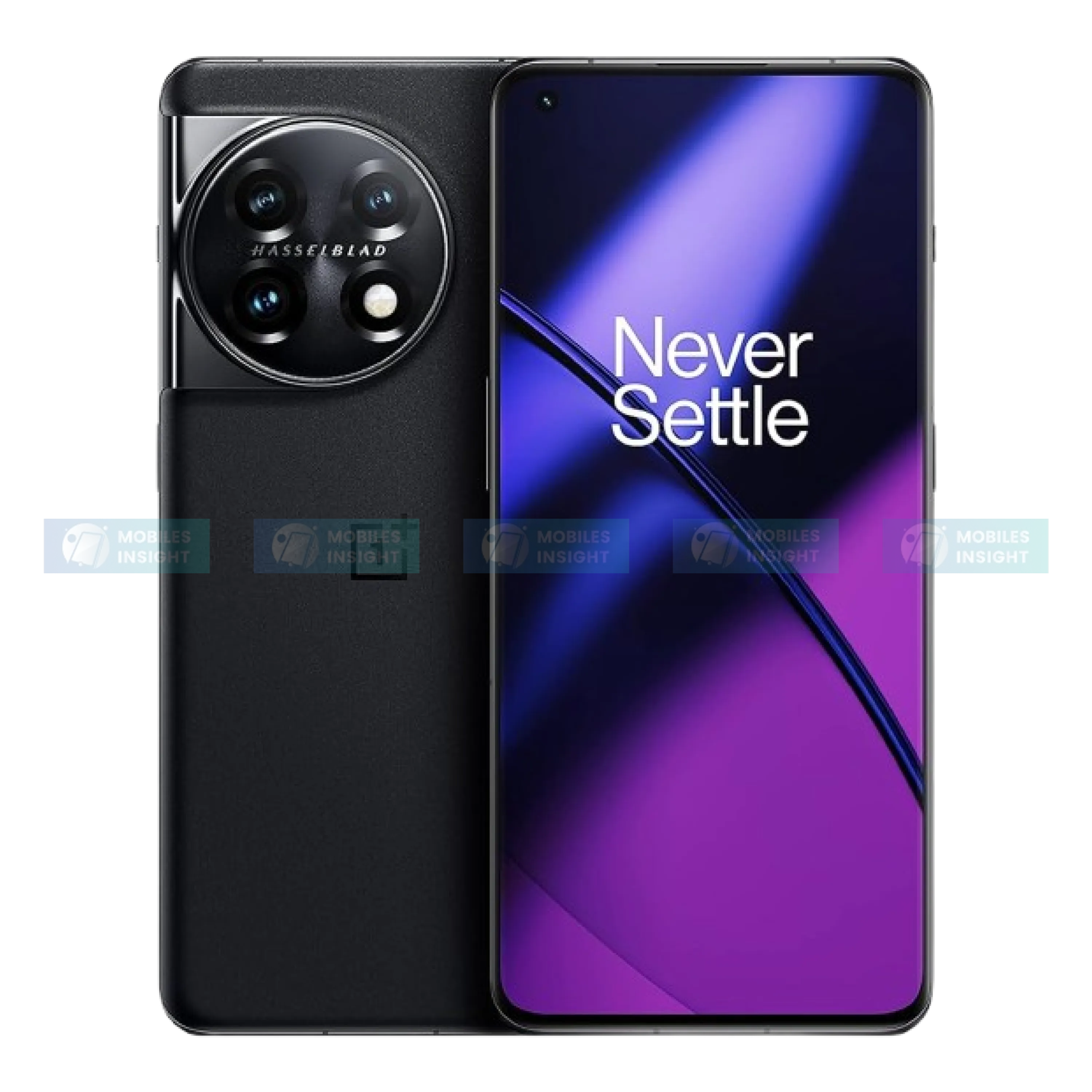
Move Over Chrome? OpenAI’s Browser AURA Is Coming Soon
After researching various trusted sources and online tech portals, it’s confirmed that OpenAI's new browser, AURA. It will launch in the coming weeks. Built on Chromium, it includes a built-in ChatGPT, an Operator agent, and SearchGPT integration. OpenAI’s browser offers smart features like form-filling, live summarization, and task automation. It also focuses on user privacy and smooth multitasking. OpenAI's browser is designed AURA for tech-savvy users around the world, aiming to make it a strong competitor to Google Chrome.
A New Challenger in the Browser Wars & It's Powered by OpenAI
After checking many trusted sources and online news portals, it’s clear that OpenAI’s browser is about to change the web browser world. Since Netscape and Internet Explorer, browsers have improved a lot. But when Google Chrome came out in 2008, it changed the game. Now, in 2025, a new challenger is coming, not from the usual big tech companies but from OpenAI, the makers of ChatGPT.
The new OpenAI’s browser is called AURA. Many reliable leaks, developer notes, press releases, and experts from Silicon Valley and Southeast Asia confirm it’s real. AURA will compete with Chrome, Firefox, Safari, and Edge but with one big difference. It uses smart AI that can think and help you while you browse.
This is great news for Bangladesh’s growing freelancers, remote workers, and tech entrepreneurs. AURA aims to save time and make tasks easier with built-in automation.
From what I’ve learned, AURA could change how we use the web in 2025 and beyond, making browsing smarter and more helpful for everyone.
What Is OpenAI’s Browser Aura?
Aura is a Chromium-based browser that uses the full power of OpenAI’s language models. But it’s not just a basic ChatGPT tool in the corner or an added extension. OpenAI has built the AI deep into the browser itself to help you work smarter and faster at every step. The key features of OpenAI’s browser:
-
A Chromium-Based Powerhouse
OpenAI built AURA on Chromium, the same open-source engine that powers Chrome, Firefox, Edge, and Opera. This means it loads pages quickly, works well on different devices, and supports a wide range of browser extensions right from the start.
-
Native ChatGPT Integration
Unlike regular browsers, AURA will have ChatGPT built directly into its interface. Users can talk to the AI without switching between tabs or apps. This makes it easier to do things like search, write emails, or get summaries, which is perfect for busy professionals in Bangladesh.
-
Intelligent Agent Operator
AURA integrates with Operator, OpenAI’s agent released in January 2025. It can auto‑fill forms, book tickets, and manage your schedule for you. Think of it as an assistant who never sleeps and fits in your browser.
-
SearchGPT & Sidebar Tools
Code leaks indicate an “AURA sidebar” and references to SearchGPT, suggesting smooth and smart searching. Users will likely receive instant summarization, related links, and voice‑enabled search, all inside the browser window.
-
Timeline & Codename
After checking several trusted sources and tech news sites like The Business Standard, The Verge, TechCrunch, and Windows Central, I confirmed that the internal name of OpenAI’s upcoming browser is “Aura.” These sources also suggest that the launch could happen by the end of July 2025. With OpenAI moving fast to compete with Perplexity’s Comet and Opera’s AI features, many experts believe that launching on time will be key to staying ahead in the AI browser race.
Why AURA Matters to Bangladeshi Users?
-
Efficiency & Data Savings
Many internet users in Dhaka use slow or limited data connections. Fortunately, AURA’s AI features, like summarising pages and filling forms in the background, help reduce extra data use and make browsing faster.
-
Multilingual & Locally Aware
Since ChatGPT now supports Bengali, AURA can help with translations, searching for local businesses, and summarising content in Bangla. For example, you can read an English news story and see the summary in Bangla right away.
-
Productivity Boost
For freelancers, students, and developers in Bangladesh, features like auto form filling and smart writing help a lot. In fact, operators can quickly handle tasks like sending invoices, filling out sign-up forms, and writing email drafts in just a few seconds.
-
Privacy & Compliance
Experts expect OpenAI’s browser to offer privacy settings that match both global and Bangladeshi needs. This may include options like on-device processing or the ability to turn off certain features. This could help users trust their browser more than before.
When Is AURA Coming to Bangladesh?
According to multiple trusted sources like Reuters and Business Insider, OpenAI plans to launch AURA in the third quarter of 2025. Some internal leaks suggest a beta version may roll out as early as August 2025. While OpenAI has not officially confirmed exact dates, the pace of AI development and market demand make a release likely soon.
Bangladeshi users should watch for localized versions of AURA after the launch. Support for Bengali language input may also be added soon, as OpenAI has recently been focusing on South Asian markets.
How AURA Compares with Google Chrome and Other AI Browsers?
Google Chrome is the default browser for many in Bangladesh, known for its speed, extensions, and Google ecosystem integration. But AURA is different in some important ways:
|
Features |
OpenAI’s Browser AURA |
Google Chrome |
Other AI Browsers |
|
AI Integration |
Built-in ChatGPT + Operator AI. |
Limited to extensions. |
Varies; mostly chatbot overlays. |
|
Autonomous Task Execution |
Yes. |
No. |
Limited. |
|
Privacy Control |
Enhanced user AI data control. |
Standard Google privacy settings. |
Varies, often opaque. |
|
Multilingual Support |
Advanced, potentially Bengali. |
Moderator. |
Basic to moderate. |
|
Performance |
Optimized Chromium engine. |
High. |
Varies. |
|
Local Context |
Expected to learn the local context. |
Minimal. |
Limited. |
AURA wants to give users a smart browser that can learn and help as you use it. Compared to Chrome’s basic interface and design, this is a big step forward.
Privacy and Data Security: What to Expect from Aura?
One big question is how will OpenAI’s browser protect user data? The browser’s AI functions require analyzing browsing patterns and inputs that you type, so many people are worried about privacy. According to the early disclosures:
-
Aura will offer transparent controls for users to limit data sharing.
-
AI learning can be toggled on/off per task.
-
Data encryption and anonymization are core to the design.
-
OpenAI’s browser aims to avoid ad-driven monetization models.
For Bangladeshi users increasingly concerned about digital privacy, Aura’s approach could set new standards if implemented well.
Challenges & Objections: What Could Slow AURA's Rise?
-
Dominance of Chrome & User Inertia
Even with AURA’s smart AI features, Chrome is still the top browser, with more than 3 billion users worldwide. It controls over two-thirds of the market share. In Bangladesh, most of the people use Google Chrome because it easily syncs across devices, supports many extensions, and is simple to use. Simply having a new browser is not enough to beat Chrome. Therefore, OpenAI must provide strong and unique AI-powered features that truly make users want to switch.
-
Privacy Concerns & Data Harvesting Risks
Some sources say that AURA might collect a lot of user data, just like Chrome and other browsers. Because of this, privacy experts are worried that it could track your browsing, form details, and app use to improve its AI or make money. People in Bangladesh will expect OpenAI to give clear and easy-to-use privacy settings when AURA launches here.
-
Legal Fallout & Data Retention Pressure
OpenAI is now under a court order to keep ChatGPT logs permanently, even if users delete them, due to the New York Times lawsuit. This creates real concerns. Will OpenAI’s browser also have to store chat data the same way?
For Bangladeshi users dealing with private tasks like online exams or money matters, this could be a problem if saved data becomes normal practice.
-
Security Vulnerabilities in Highly-Privileged Agents
Academic studies show that smart AI tools in browsers, like Operator, can be misused to steal data, take over user sessions, or spread harmful software. If AURA has any weak points, it could be a big risk for developers, journalists, and students who need safe browsing, especially in Bangladesh’s fast-growing digital world.
-
Competitive Pressure from Rival AI Browsers
Perplexity’s Comet, Brave, The Browser Company, and even Amazon’s new browser with Alexa are already moving ahead in the browser race. Therefore, to stand out, OpenAI must clearly show that AURA has special features for Bangladeshi users. These include Bangla summarization and local form autofill, which can help AURA win against strong competitors.
-
Infrastructure & Energy Constraints
Reuters reports that AI tasks like chat summaries and smart agent actions require a lot of server power. As a result, this raises costs and can put pressure on data centers. If OpenAI’s browser uses cloud-based systems for AURA, users in Dhaka might face slow loading times or higher subscription fees, which could reduce the benefits of using the browser.
Conclusion: A New Dawn in Browsing for Bangladesh
OpenAI’s browser Aura is set to change how tech-savvy users in Bangladesh use the internet. Specifically, it brings smart AI, helpful automation, and strong privacy tools that could go beyond what today’s browsers offer. For professionals like me, and many others in Bangladesh’s growing digital world, Aura could become a very useful tool.
As we wait for its launch, staying updated and ready to use it will help us get the most from this AI shift. In fact, a new browser is coming, and this one can think.
Popular Phone Reviews

Samsung Galaxy A70 Review: Features, Performance, and Value Insights

Apple iPhone 16 Pro Max Review: Features, Performance, and Value Insights

Apple iPhone 12 Pro Max Review: Features, Performance, and Value Insights

Xiaomi Redmi 12 Review: Features, Performance, and Value Insights






